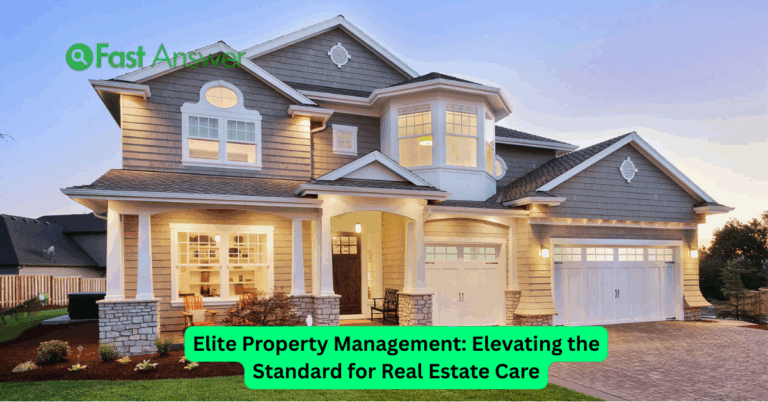Your Next Property Rental Awaits: Here’s How to Find It Fast
Searching for the right property rentals can be both exciting and overwhelming. Whether you’re relocating for work, transitioning into a new phase of life, or simply exploring better living arrangements, the rental market offers countless opportunities. This guide is for individuals and families looking to lease a home, apartment, or unit that suits their lifestyle, location preference, and budget. With online platforms, map-based search tools, and property rental agents, navigating today’s real estate rental market has never been easier if you know how to search smartly.
Discover Rentals in Your Area with Real-Time Results
Finding available property rentals near you is now just a few clicks away. Online rental platforms like Zillow, Trulia, or Apartments.com allow you to filter properties based on real-time availability, location radius, lease terms, and amenities. By entering your current location or preferred area, you can instantly view listings that match your criteria. This saves time and helps you avoid expired or unavailable options. Location-specific searches also show nearby public transport, schools, and neighborhood amenities to help you make informed decisions.
What to Know Before Signing Any Lease Agreement
Leasing a property comes with terms you need to understand before making a commitment. Lease duration, pet policies, utility responsibilities, and maintenance clauses vary from property to property. Always read the fine print and ask questions about any terms that may impact your day-to-day living. Some landlords may offer incentives such as discounted deposits or flexible move-in dates, but be sure to verify these offers in writing. Understanding your rights and responsibilities as a tenant is crucial to securing a fair and satisfying rental experience.
How Property Managers Help You Secure the Right Rental
If you’re struggling to find the right listing, property management companies can simplify the process. These professionals handle everything from scheduling tours to negotiating lease terms on your behalf. They often have access to exclusive listings not publicly advertised and can provide insights into rental trends in specific neighborhoods. Working with a property rental expert can be especially helpful if you’re new to a city or need to relocate on short notice. Their role is to align your needs with the best available options.
Why Timing Matters in a Competitive Rental Market
Good rental properties don’t stay available for long. When you spot a listing that meets your needs, it’s important to act quickly. Setting up notifications and alerts for your chosen area helps you stay one step ahead. Weekday afternoons are typically ideal for reaching out to landlords, as many properties receive the most inquiries during weekends. Prepare your application in advance, including income proof and references, so you’re ready to submit at a moment’s notice. Timing could be the key difference between landing the place or missing out.
Making the Most of Virtual Tours and Online Reviews
Many property rentals now offer virtual tours, allowing you to walk through a unit without physically visiting. This is an excellent way to shortlist options before scheduling in-person showings. Virtual tours can reveal layout, lighting, and space details that photos alone may not show. Meanwhile, renter reviews can offer honest insights into management quality, maintenance responsiveness, and community environment. Use these tools together to evaluate properties from multiple perspectives, helping you make confident and efficient rental decisions.
FAQs About Property Rentals
How can I verify if a rental listing is legitimate?
Look for listings from verified platforms or licensed property managers, and avoid listings that ask for deposits before a showing.
Do I need renter’s insurance for a lease?
Many landlords now require it. It protects your belongings and covers liability for accidents within the unit.
Can I negotiate rental prices or terms?
In some cases, yes. Especially if a property has been on the market for a while or during off-peak seasons.
What’s the standard length of a lease agreement?
Most residential leases run for 12 months, but options for 6-month or month-to-month may be available.
Are utilities typically included in the rent?
It depends on the property. Some include water or trash; others require tenants to pay all utilities separately.



